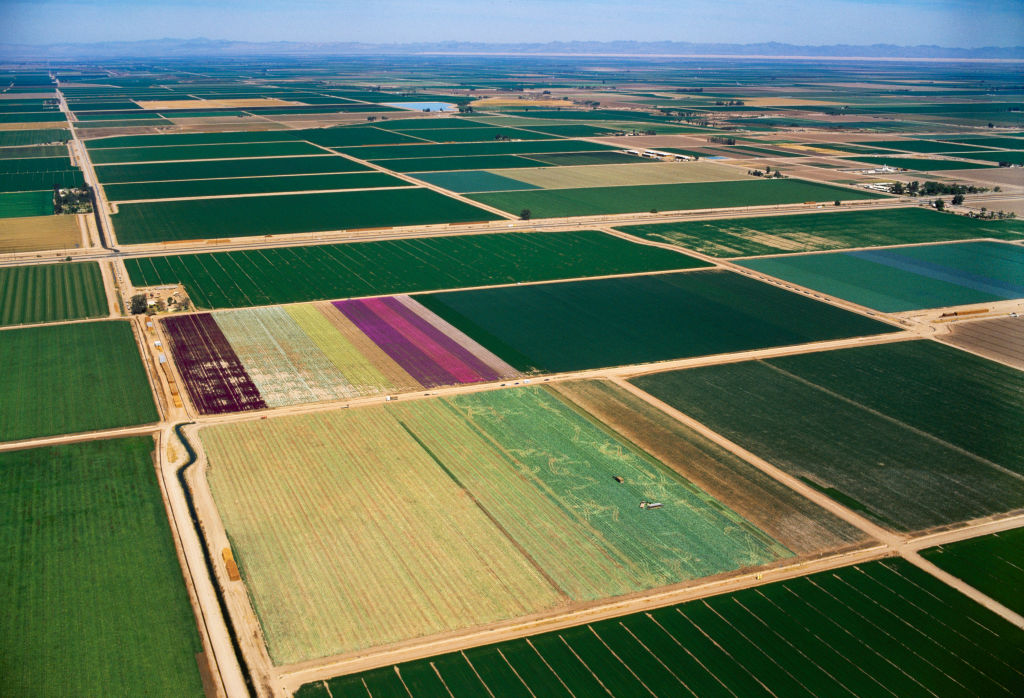Claims about Chinese ownership of American agricultural land have spread widely on Facebook in recent weeks, with one post garnering more than 25,000 shares on Facebook.
The post is mostly true, but is missing important context. Chinese investors do actually own about 380,000 acres of American land. However, this is a relatively small amount of acreage compared to domestic acreage owned by many other foreign countries, and it is not all agricultural land.
A 2021 report from the U.S. Department of Agriculture (USDA) found that 383,935 acres of land—both agricultural and non-agricultural—were owned by investors with ties to China. According to Forbes, approximately 195,000 of those acres were owned directly by Chinese investors or the Chinese government, while the remaining 189,000 were owned by U.S. corporations with Chinese shareholders.
This 383,935 acres represents only about 1 percent of total foreign-owned U.S. land, however, far less than numerous other countries. Canadian investors, for example, own approximately 12.8 million acres—or 31 percent of all foreign-held land—while the Netherlands, Italy, United Kingdom, and Germany own an additional 12.4 million acres collectively. According to the USDA, the U.S. has approximately 2.3 billion acres of overall land area, of which approximately 1.2 billion acres are used for agriculture. Even if all 383,935 acres owned by Chinese investors were farmland, this would only represent around 0.03 percent of total American agricultural land.
A 2021 report by the Center for Strategic and International Studies found that “On a large scale, these [foreign land acquisitions] do not represent a substantial enough portion of food production in the United States to threaten national food security.” These purchases are also regulated by the 1978 Agricultural Foreign Investment Disclosure Act, which requires foreign entities to disclose transactions and holdings involving agricultural land to the secretary of agriculture.
If you have a claim you would like to see us fact check, please send us an email at factcheck@thedispatch.com. If you would like to suggest a correction to this piece or any other Dispatch article, please email corrections@thedispatch.com.







Please note that we at The Dispatch hold ourselves, our work, and our commenters to a higher standard than other places on the internet. We welcome comments that foster genuine debate or discussion—including comments critical of us or our work—but responses that include ad hominem attacks on fellow Dispatch members or are intended to stoke fear and anger may be moderated.
With your membership, you only have the ability to comment on The Morning Dispatch articles. Consider upgrading to join the conversation everywhere.